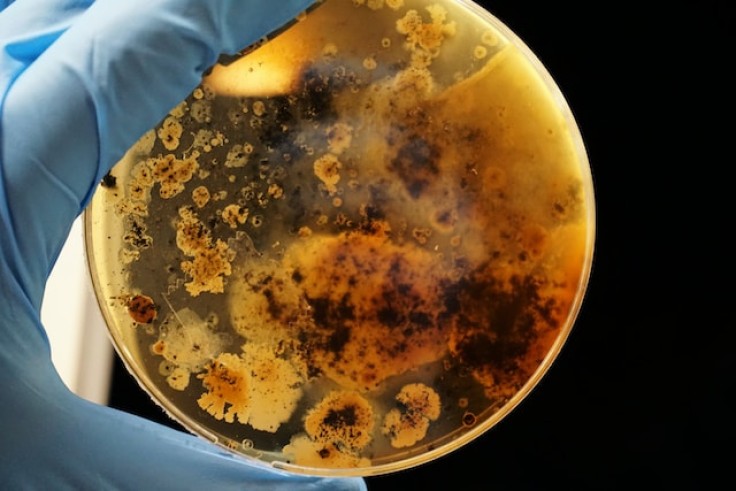
An urgent boil-water advisory was issued on Friday for the Phantom Ranch area within Grand Canyon National Park following the detection of E. coli bacteria in the local water supply.
The advisory, which was announced by park officials, extends to residents and visitors in the immediate vicinity of the ranch and strongly urges the boiling of water before consumption. The warning is particularly important for individuals with weakened immune systems.
"These bacteria can make you sick and are a significant concern for people who have weakened immune systems," said the official park news release.
Understanding the Threat: What Is E. coli?
The E. coli bacteria were discovered on Friday, according to the National Park Service.
"As of this moment, the only area affected is Phantom Ranch and its immediate surroundings," the statement explained. The park system's Phantom Ranch is a well-liked lodging option for visitors and nature lovers to the Grand Canyon.
E. coli is a gram-negative, rod-shaped bacteria commonly found in the intestines of humans and animals. While generally harmless, under specific conditions-such as contamination in a water supply-the bacteria can become harmful. Various serotypes of E. coli are responsible for a range of medical conditions.
In children, particularly in tropical countries, it can lead to gastroenteritis. In adults, it is a common cause of 'traveler's diarrhea' and accounts for approximately 80% of all urinary tract infections.
More severe strains like E. coli 0157:H7 can result in grave complications, including renal failure, anemia, and dehydration, in vulnerable populations such as children and the elderly. Some affected individuals can develop permanent disabilities or even lose their lives.
The park advisory elaborated on the potential sources of bacterial contamination.
"Increased runoff entering the drinking water source can cause bacterial contamination," the news release stated. It further clarified that contamination could also occur due to "a break in the distribution system or a failure in the water treatment process."
Public health officials have advised immediate precautionary measures. "All water meant for drinking, cooking, making ice, or brushing teeth should be boiled for at least one minute, or use water that has been properly disinfected," they recommended.
Ongoing Investigations and Tests
As the advisory remains in effect, it raises questions regarding the effectiveness of existing water treatment and distribution systems in national parks. Are current protocols sufficient to ensure the safety and well-being of the millions of visitors these parks receive each year? Could more stringent measures and monitoring systems prevent future incidents like this?
Currently, the National Park Service is performing additional tests to assess the water quality and ascertain the cause of the contamination. The advisory will stay in place until further notice, and updates will be provided when available. The incident is under investigation to prevent future occurrences of a similar nature.
This latest water quality issue at Phantom Ranch serves as a sobering reminder of the vulnerabilities in public water systems, even in regions generally considered to be pristine and well-maintained. It underscores the need for continued vigilance in monitoring water quality as well as robust and swift public health measures to safeguard both the residents and the millions of visitors who frequent national parks each year.